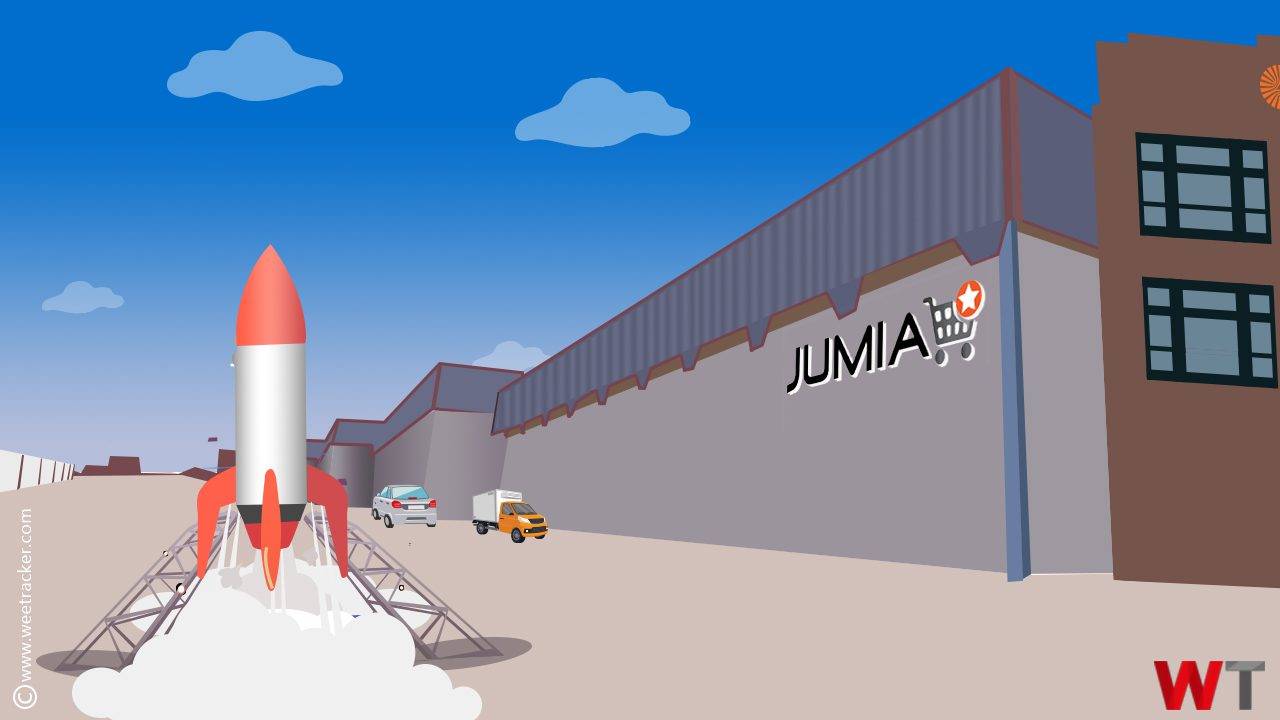In April 2020, there was some big news (sorts of?) from Rocket Internet with respect to its storied African business. Apparently, the band-aid had finally been ripped off by Rocket Internet, the Berlin-based venture builder that seems to draw both love and hate in equal measure in tech circles.
Love and hate? That’s because its methods are generally thought of as operationally brilliant and artistically bankrupt at the same time - it’s the paradox of being wonderfully visionary and extremely uncreative simultaneously.
Why these sentiments? It’s the baggage that comes with having a reputation as a startup-clone factory that has built a robust operation out of copycatting: Replicating or adapting proven business models (especially those that took off in the U.S.) for untapped markets in Europe, Asia, South America, and Africa.
Whether it’s Amazon, Uber, or Airbnb, Rocket Internet has (or has had) a copy elsewhere. The kicker was usually that the startup-clone would either scale faster globally than the original U.S.-based startup, thus forcing some kind of acquisition, or that the clones would go public faster via a splashy Initial Public Offering (IPO). But it doesn't work all the time. In fact, sometimes the whole thing implodes and it all comes crashing down.
